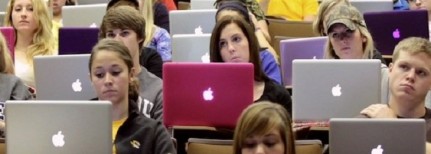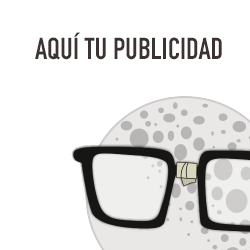Comics are works of art that combine text with images to convey ideas and stories. They typically take the form of panels containing images, with textual devices used to convey dialogue, narration, and sound effects. The content of KunManga comics can range from the absurd to the highly serious. This article will discuss the different characteristics of comics and the ways they are produced.
Characteristics of a Comic Strip
A comic strip is a cartoon that tells a story in a humorous and often surreal way. Its characters often make poor choices and mishandle situations. It also emphasizes strong writing over art. The first comic strip to appear in print was Mutt and Jeff, which became very popular and continued to attract readers. Today, comic strips are still a part of the landscape of newspapers. They are also known as “funny pages.”
In this exercise, students form small groups of three or four and brainstorm characteristics of comics. Each group then selects a comic strip and responds to it using response cards. These responses are then shared in small groups, and one student takes notes.
Placement of Images In Sequential Order
The placement of images in comics is a crucial element of comics design. While it can be a convenient convention to follow, it is also easy to break this convention. For example, Gabrielle Bell references a memory in the drawing on the right, while Grace Robinson draws scenes from a museum in random order. Other comics writers choose different styles of layout to emphasize different aspects of the story, such as mood or dynamic motion.
While there is no single definition of comics, many definitions of the form stress the co-presence and interplay of images and words. Moreover, comics can be categorized into many genres and creative formats, making them a versatile medium for storytelling. In addition, they are often inspired by other art forms and creative forms, allowing for truly new forms of storytelling.
Function of Words In a Comic Strip
A comic strip is a series of drawings in a horizontal format, designed to convey an idea through language and context. Words may be added to each panel, or omitted entirely, depending on the purpose of the strip. It is a mass-media form of storytelling that can be published in a newspaper, magazine, or book. Many strips published before 1900 do not include words.
The role of words in comics is a complex one. It varies widely, but many Manga4life comics use underlines and emphasized words to emphasize the meaning of character dialogue. Comic strips are usually set in particular locations, such as New York City, the Hideout Bar, Middle Earth, or an alien world. They may also use backgrounds to make the reader imagine a setting, such as a run-down farm in the middle of nowhere, ancient Rome, or a Star Destroyer in an alien galaxy. The comic’s captions may also mention the setting of a particular scene.
Characters In a Comic Strip
This lesson teaches the different types of characters that appear in Manga comic strips. Comic strips usually deal with many different problems that the characters have to overcome. These problems are usually resolved at the end of the story. Some examples of comic strip problems include a struggle between two characters or an object. In addition, this lesson teaches the different ways to use dialogue and action to make your comic strip more interesting.
One popular method of writing dialogue in comic strips is by using thought balloons. These will show readers what a character is thinking or saying. Although thought balloons are not necessary, they are a great way to keep readers interested. You can also use dialogue bubbles to show what is being said in a comic strip.
Meaning of Words In a Comic Strip
Many words in a comic strip have dual meanings, depending on the context. For example, the word “cleave” may mean “to cut apart or to fuse together.” Another example is the word “board,” which means to get on an airplane or train. It also refers to placing a piece of thick card stock behind a comic book to prevent movement.
A comic strip is a series of drawn images placed in a sequential manner, usually horizontally. Each image is supposed to tell a story. Sometimes, words are introduced within each image, while at other times, they are completely omitted. These strips are designed for mass consumption, and can be found in a magazine, newspaper, or book. Comic strips can be as old as the nineteenth century.







